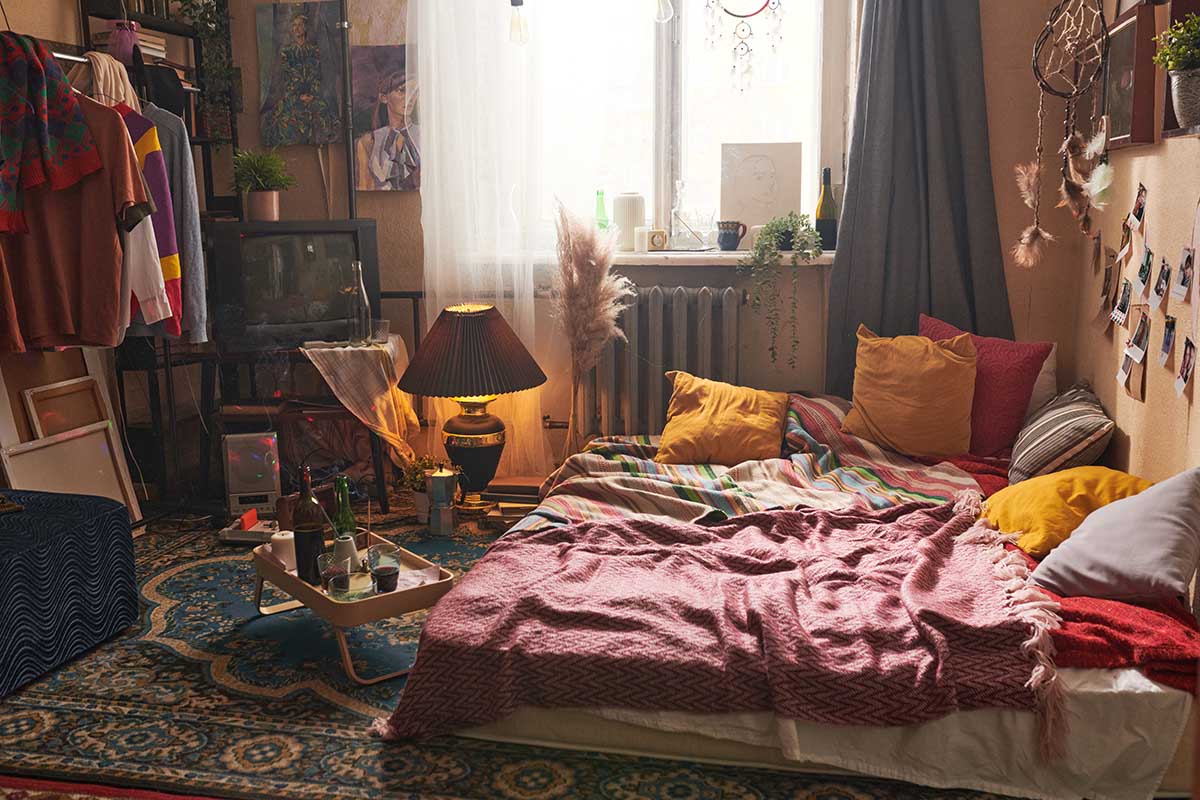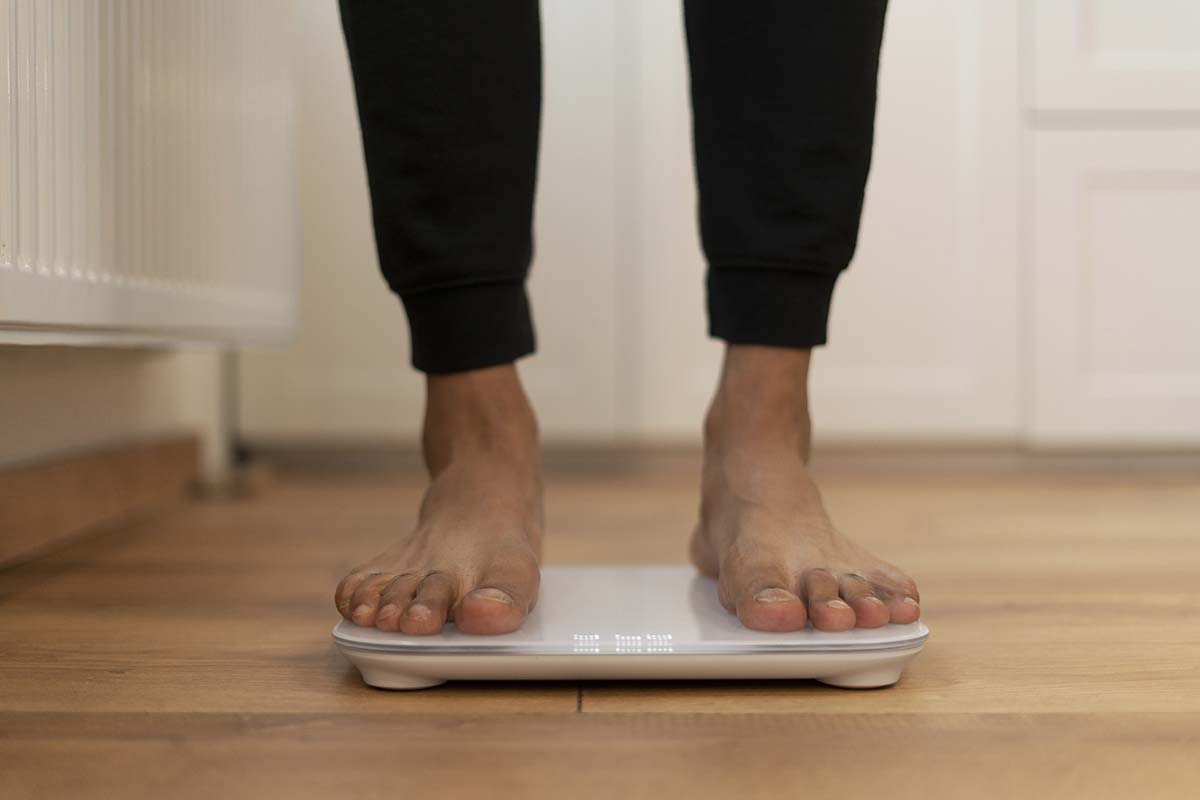Overcoming Sentimental Clutter: Strategies for Letting Go
Sentimental clutter, accumulating objects that hold dear memories yet take up valuable space, often poses a peculiar problem. Have you ever gazed around your home to be met with piles of old photographs, childhood toys, or heirloom knick-knacks that you just can’t seem to part with, even though they’re taking up precious space?
This emotional clutter can be challenging to navigate because of the powerful, nostalgic emotions it elicits. This article will delve into the reasons behind our attachment to sentimental clutter, its negative effect, and practical ways to overcome it. Remember, decluttering holds the key to optimizing your mental well-being.
Understanding the Emotional Bond with Sentimental Clutter
Our emotional attachment to items stems from the psychological principle of the endowment effect – attributing more value to possessions simply because they’re ours. Certain items, such as those connected with loved ones or pivotal life events, are particularly harder to release.
Sentimental clutter varies from person to person. For one, it might be shelves overflowing with books from university days, while another struggles with mounds of clothing from their children’s early years. It’s these very items, connected to our past and identity, that make decluttering seem like an emotional wrestling match.
The Stress and Anxiety of Sentimental Clutter
Though rooted in love and nostalgia, Sentimental clutter can ultimately wield a powerful influence over our well-being. As the sentimental items accumulate, their physical presence encroaches upon the mental space we need to function effectively. Every object carries its weight, literally and emotionally, leading to a relentless tug-of-war between our desire to keep memories alive and the need for a clutter-free, tranquil environment. Our attachment to these objects may close our eyes to the mounting stress and anxiety they introduce into our lives, turning what should be cherished keepsakes into suffocating burdens. Recognizing this transition from benign attachment to debilitating clutter is the first step in regaining control over our living spaces and, by extension, our peace of mind.
Steps to Start the Decluttering Process
Embarking on a decluttering journey calls for careful planning and an effective process. It’s imperative to adopt a systematic and strategic approach. Start with the smaller, manageable areas and progress to larger ones over time. This gradual progression allows you to build confidence and avoid feeling overwhelmed. Start by focusing on a particular room or even a single closet, ensuring you allocate ample time to sort through its contents thoroughly. By grouping similar items, you can quickly identify duplicates and assess the true extent of your belongings. This initial step streamlines the decluttering process and offers a clear visual representation of your progress, which can be highly motivating.
While decluttering can be a personal journey, setting realistic goals for yourself is essential. Avoid the temptation to rush through the process, leading to burnout and incomplete results. Instead, break the task into smaller, achievable milestones. If you’re still feeling overwhelmed, don’t hesitate to seek support from friends, family, or even professional organizers. Their assistance can provide fresh perspectives, practical advice, and companionship, making the work feel lighter.
Remember that decluttering is not just about organizing your physical space; it’s also about creating a more peaceful and stress-free environment that fosters mental well-being. By adhering to these steps and approaching decluttering with a structured plan, you can embark on a transformative journey toward a more harmonious and organized living space.
Strategies for Letting Go of Sentimental Clutter
Letting go of sentimental clutter is undoubtedly a formidable challenge, as it often involves severing emotional bonds that have deep-rooted connections to our past. It’s more than just the physical act of decluttering; it’s about confronting the memories, nostalgia, and attachments these objects represent. One effective strategy to navigate this intricate terrain is to adopt a middleman approach. Instead of fixating on what to discard, focus on what to keep.
Identify the items that resonate with your current life and aspirations and evoke genuine joy and sentiment. By shifting your perspective to a more affirmative one, you can make the process feel less like a loss and more like a curated collection of treasured mementos.
With today’s technology, digital solutions can store photos, old letters, or sentimental documents without taking up physical space. These items can be digitized and organized to make them easily accessible whenever you want to revisit your memories. These digital solutions help free up physical space and ensure the long-term preservation of these sentimental artifacts. Maintaining a clutter-free environment is not solely about intermittent purges; it’s about cultivating mindful consumption habits. By being conscious of what truly adds value to your life and letting go of the rest, you can create a living space that is harmonious and reflective of your present self while preserving the cherished memories that truly matter.
Transformative Benefits of Overcoming Sentimental Clutter
Decluttering may seem daunting, but the pay-offs are worth the effort. First and foremost, decluttering carries profound implications for mental well-being. By releasing the emotional weight attached to possessions and creating a more organized living space, individuals often experience a tangible reduction in stress and anxiety.
The relief accompanying parting with sentimental clutter is palpable, almost liberating. It paves the way for a sense of emotional freedom. As a result, it fosters a more tranquil and harmonious mental state, providing individuals with a vibrant space to focus on what truly matters in their lives.
In addition to the profound mental health effects, decluttering offers tangible practical advantages. A clutter-free environment minimizes distractions and promotes heightened productivity. With fewer items vying for attention, you can concentrate better on tasks, whether work, hobbies, or spending quality time with loved ones.
Moreover, the time saved on cleaning and organizing once spent managing many possessions, can now be channeled into pursuits that bring joy and fulfillment. It’s a testament to the adage that ‘less is more.’ The enduring key to reaping these transformative benefits doesn’t solely reside in the initial decluttering effort but in the ongoing practice of mindful consumption and maintaining an organized, clutter-free space.
Overcoming Sentimental Clutter: In Conclusion
Overcoming sentimental clutter involves understanding our emotional bonds, recognizing when they become a source of stress, and applying successful techniques to declutter. The concept of letting go of belongings is not about erasing memories but forging a path to a more organized, peaceful existence. It’s a transformation that may be challenging but will yield sunshine at its end. So, here’s to a clutter-free, healthier living space—a triumph over sentimental clutter!



















